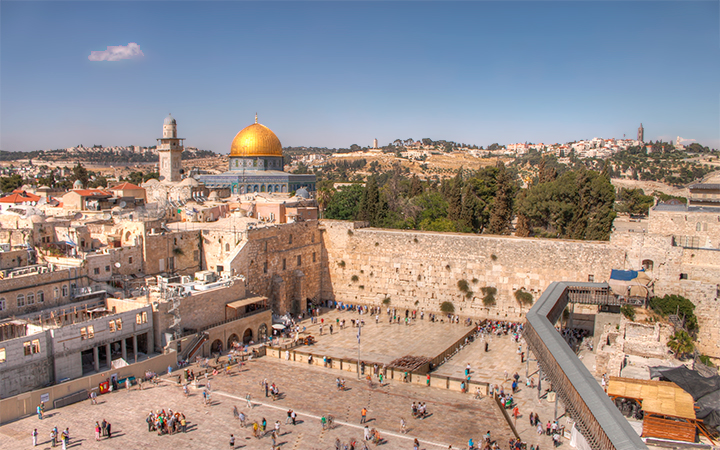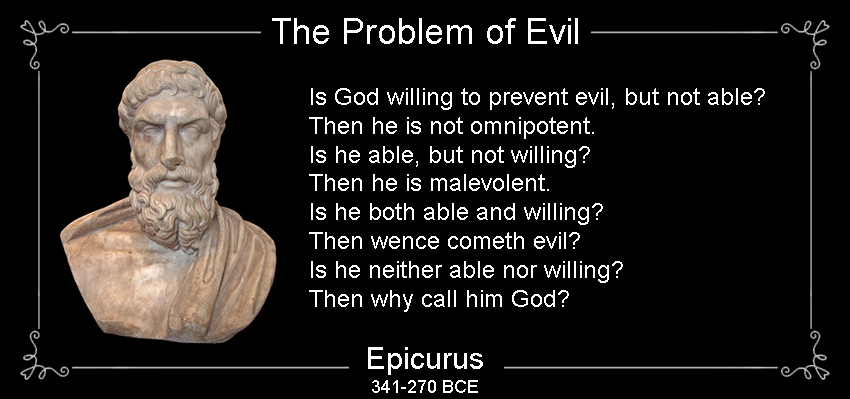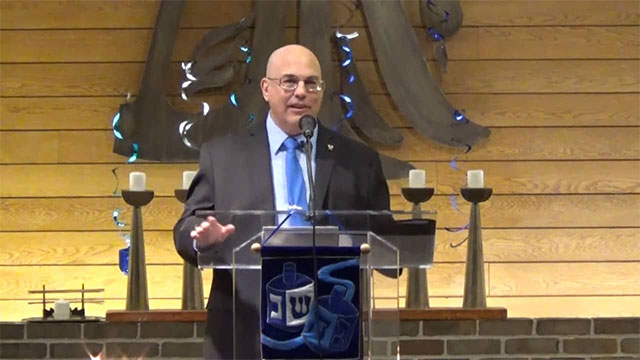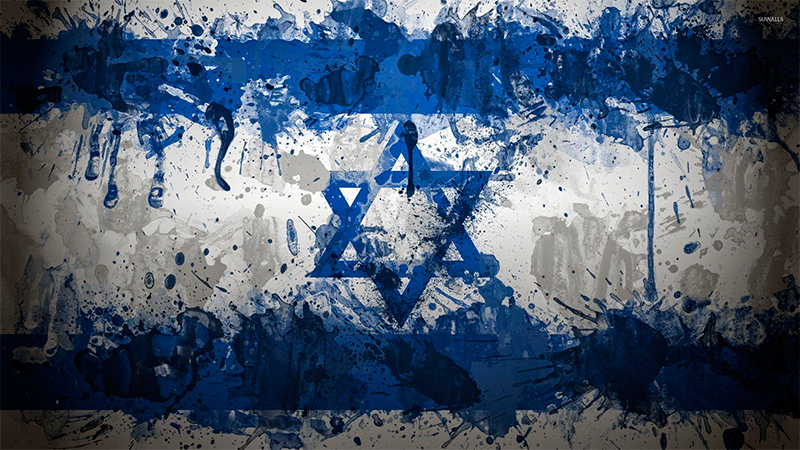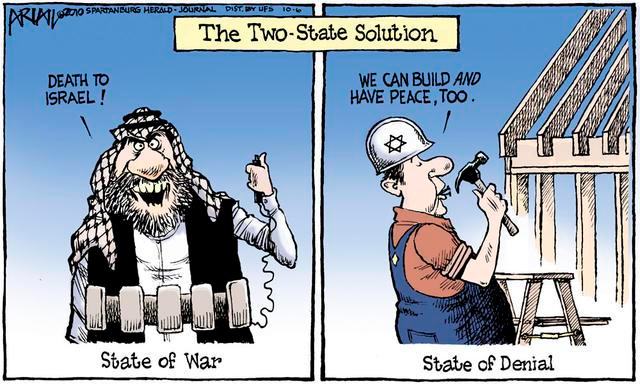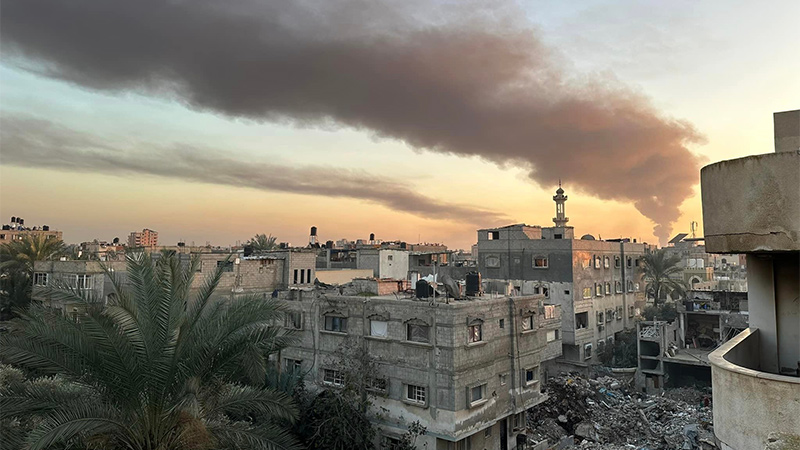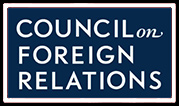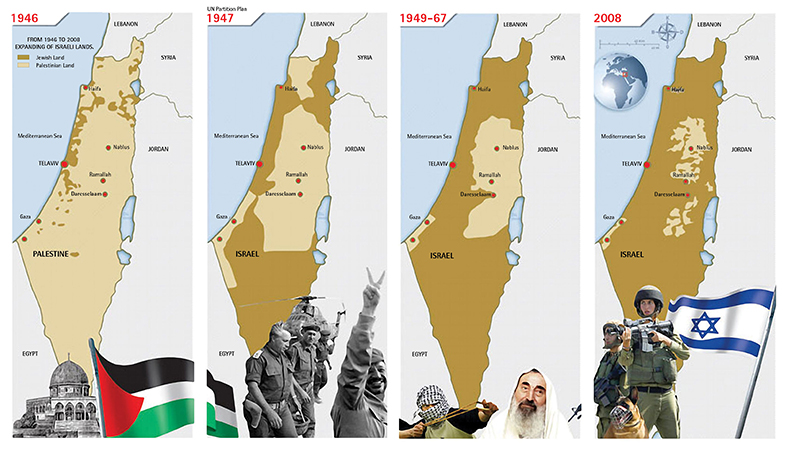For
many Jews the defining event of the twentieth century and the
overwhelmingly tragic event of Jewish history was the Holocaust,
the murder of almost six million European Jews by the Nazi leadership
of Germany during World War II. These Jews constituted over a third of
the Jewish people in the world and half of all Jews in Europe. ... No
modern Jewish thinker can ignore the challenge that the Holocaust poses
to traditional Jewish beliefs of an omnipotent and caring God. Elie
Wiesel (b. 1928), who as a boy survived a Nazi death camp in Poland
but lost all his other family members and suffered
great atrocities, writes of a bitterness so deep that it could prevent him from uttering the traditional prayers to God:
| Why, but why would I bless Him? Every fiber in me rebelled. Because He caused
thousands of children to burn in His mass graves? Because He kept six
crematoria working day and night, including Sabath and the Holy Days? Because in
His great might He had created Auschwitz, Birkenau, Buna, and so many
othe factories of death? How could I say to Him: “Blessed art Thou, Almighty,
Master of the Universe, who chose us among all nations to be
tortured day and night, to watch as our fathers, our mothers, our brothers,
end up in the furnaces?” |
Wiesel says that we cannot turn away from the questions about
how it could happen, for genocidal actions are being undertaken against
other minority groups in our times as well. (Living Religions, 272-4)
| The following video is from a television play called God on Trial, which is based on an event in Elie Wiesel’s book The Trial of God that Wiesel actually witnessed as a teenager in Auschwitz. |
How would you respond to "the problem of evil" in relation to the Holocaust?
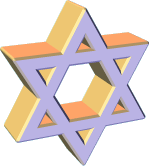

In a blog that he describes as “A secular, humanistic, non-theistic, rational approach to Judaism, Israel and the world,” Rabbi
Jeffrey Falick of the Birmingham Temple Congregation for Humanistic Judaism critiques Rabbi Alan Lurie’s response to the question of
how God could have allowed the Holocaust. Lurie’s position can be
abbreviated as follows:
 God God  does know the choices that we
will make because our consciousness is in constant connection to God,
and for God time is not a limitation, so our future choices are not
hidden. Yet God deliberately does not interfere — not out of
indifference, but out of great love. God must “watch” in pain as we
commit atrocities, because to interfere would negate free will,
terminating the relationship and hence the very purpose of creation.
This is the reconciliation of Rabbi Akiva’s famous paradox, “All is
foreseen, yet free will is given”. ... Where was God in the Holocaust? As
God knew the terrible choices made by too many, and wept at the horrific
consequences, those who chose love and service in the face of this
horror were strengthened and consoled. Good eventually did win over
evil, by our own hands. (The Atheist Rabbi) does know the choices that we
will make because our consciousness is in constant connection to God,
and for God time is not a limitation, so our future choices are not
hidden. Yet God deliberately does not interfere — not out of
indifference, but out of great love. God must “watch” in pain as we
commit atrocities, because to interfere would negate free will,
terminating the relationship and hence the very purpose of creation.
This is the reconciliation of Rabbi Akiva’s famous paradox, “All is
foreseen, yet free will is given”. ... Where was God in the Holocaust? As
God knew the terrible choices made by too many, and wept at the horrific
consequences, those who chose love and service in the face of this
horror were strengthened and consoled. Good eventually did win over
evil, by our own hands. (The Atheist Rabbi)
|
Falick’s response may be summarized as follows:
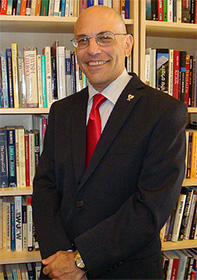 [W]ho says that the Jewish God doesn’t
interfere? In the big book about him and much of the commentary that
accompanies it, he interferes all the freaking time. We can’t move
right or left (or even eat shrimp for that matter) without him
interfering. And a lot of what he tells us to do, in the bible anyway,
is to commit the very atrocities that he supposedly watches in so much
pain. ... The faithful like to assert that
non-believers are angry at God. How can we be angry at a non-existent
being? If we are angry at all — and everyone should be able to get
their hackles up about some injustice in this world — it’s that some
people keep waiting for God to make the big difference. Notably and to
their credit, Lurie and most liberal rabbis have had the good sense to
drop that part of our ancient fiction. They now rightfully place all of
the burden on human beings, reducing God to no more than a moral
inspiration. Why they continue to waste their time on that is beyond me. No matter how much we are drawn to
ascribe it to an outside source, morality comes from within us. It is
an evolved behavior. And in ITS absence, holocausts occur. (The Atheist Rabbi) [W]ho says that the Jewish God doesn’t
interfere? In the big book about him and much of the commentary that
accompanies it, he interferes all the freaking time. We can’t move
right or left (or even eat shrimp for that matter) without him
interfering. And a lot of what he tells us to do, in the bible anyway,
is to commit the very atrocities that he supposedly watches in so much
pain. ... The faithful like to assert that
non-believers are angry at God. How can we be angry at a non-existent
being? If we are angry at all — and everyone should be able to get
their hackles up about some injustice in this world — it’s that some
people keep waiting for God to make the big difference. Notably and to
their credit, Lurie and most liberal rabbis have had the good sense to
drop that part of our ancient fiction. They now rightfully place all of
the burden on human beings, reducing God to no more than a moral
inspiration. Why they continue to waste their time on that is beyond me. No matter how much we are drawn to
ascribe it to an outside source, morality comes from within us. It is
an evolved behavior. And in ITS absence, holocausts occur. (The Atheist Rabbi)
|
At the other end of the spectrum, Rabbi Dovid Weiss of the
Jewish anti-Zionist group Neturei Karta suggests that the Holocaust was a divine punishment for the collective
failure of the Jewish people to live according to the strict demands of
their covenant with God:
Do you feel that any of these positions successfully resolve "the problem of evil"?
If not, what solution would you offer?

Zionism & Contemporary Israel
The horrors of the
Holocaust brought increased attention to the cause of Zionism, the
Jewish movement dedicated to the establishment of a politically viable,
internationally recognized Jewish state in the biblical land of Israel.
While political Zionism was a reaction to increasing anti-Semitism in
Europe in the late nineteenth century, it is a movement with deep roots
in Judaism and Jewish culture. The desire to end the centuries-long
exile from Zion (the site of the Jerusalem Temples) was a central theme
in all Jewish prayer and in many religious customs. Jewish messianism
is focused around a descendant of King David who will return his united
people to the land of Israel, where Jewish sovereignty will be
eternally re-established in an atmosphere of universal peace. ... In
the period before the Holocaust, not all Jews supported the Zionist
movement. Most Reform Jews of that time believed the destiny of Jews
was to be lived out among the Gentiles, where the Enlightenment had
fueled hopes of a freer future. Some support for Zionism came from
traditional Orthodox Jews, but not all of the traditional community
embraced the idea. Many felt it was God who had punished the people for
their unfaithfulness by sending them away from the promised land and
that only God would end the exile. 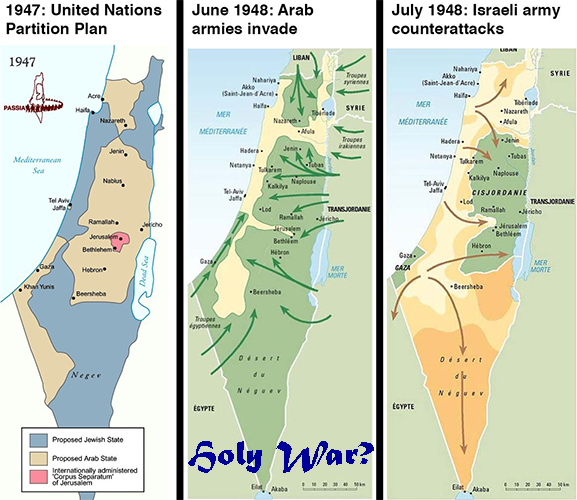 |
|
Nonetheless,
by a United Nations
decision in 1947 after World War II, Palestine was partitioned into two
areas, one to be governed by Jews and the other by Arabs, with
Jerusalem an international zone. The Jews accepted the plan, and in
1948 declared Israel an independent Jewish state with full rights for
minorities. However, the Arabs did not accept the partition and as soon
as British troops moved out, Israel was attacked by its Arab neighbors
— Jordan, Iraq, Syria, Lebanon, and Egypt. Outnumbered, Israel
nonetheless managed to gain control of a larger area than was allotted
to it in the partition plan, thus bringing many Arabs under its rule.
Those Arabs who fled to avoid violence were not allowed into the
surrounding countries; they were instead kept in refugee camps, in
which for generations people have continued to live in distress and
with
growing hatred for Israel. Egypt and Jordan kept sending guerrilla
troops, known as “fedayeen,” to attack the Israelis, whose sovereignty they refused to recognize. ... |
From
time to time, a negotiated peace has seemed almost possible, but it has
not yet happened. Frameworks for Palestinian-Israeli settlement have
offered some hope of decreasing hostilities in the region by creating
two independent states of Palestine and Israel, but they have not
satisfactorily dealt with major sticking points. One of these is the
“right of return” sought by Palestinian refugees from the 1948-1949 war
and their descendants. Countering this demand, some Jews point out that
more than one million Jews had to flee Arab lands before and after the
creation of Israel because of severe persecution. There is also
Palestinian concern that the new state of Palestine would consist only
of isolated, dependent enclaves under Israeli control. Yet another
problem is control of, and access to, sites that are holy to both
Muslims and Jews, such as the Temple Mount in Jerusalem, known to
Muslims as the place from which the Prophet Muhammad began his Night
Journey to the seven heavens but also the most sacred place in Judaism,
as the site of the former Temples. (Living Religions, 274-6)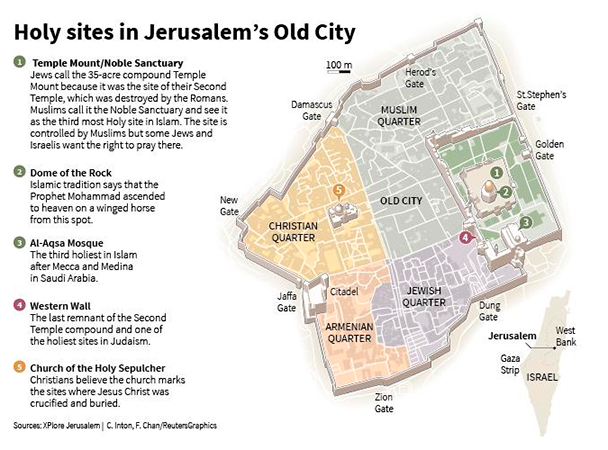 |
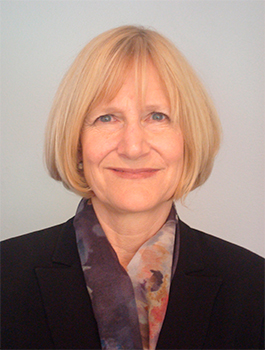 Although the the Israeli-Palestinian conflict is largely a conflict over land and can be resolved through the application of international law, religious groups do play several important roles in the ongoing crisis. Fanatical religious groups use their religions to perpetuate the conflict, while peaceful religious groups use the teachings of their religions to call for peace. Although the the Israeli-Palestinian conflict is largely a conflict over land and can be resolved through the application of international law, religious groups do play several important roles in the ongoing crisis. Fanatical religious groups use their religions to perpetuate the conflict, while peaceful religious groups use the teachings of their religions to call for peace.
Although the American media is rife with articles on the dangers of
Islamic fundamentalism, it is important to be aware of the role of two
other fanaticisms — Jewish and Christian — in this conflict.
According to the late Israeli professor Israel Shahak, Israel denies
Palestinian Christians and Muslims their basic human rights due in large
part to a virulent strain of Jewish chauvinism. Shahak states that,
“The State of Israel officially discriminates in favour of Jews and
against non-Jews in many domains of life, of which I regard three as
being the most important: residency rights, the right to work and the
right to equality before the law.” This discrimination is arguably the
largest blockage to peace between the two parties. 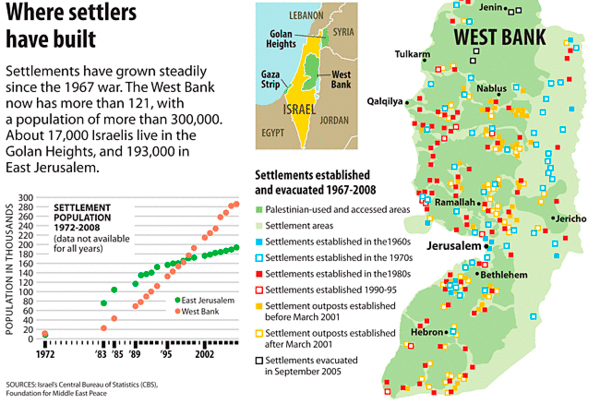 |
The Israeli settler movement, in particular, which is responsible for
stealing a huge portion of Palestinian land, is primarily based on this
chauvinism. Particularly disturbing is the description of their land
theft as ‘redeeming’ the land — transfering holy land from non-Jewish
ownership to Jewish hands. Shahak explains that, “[t]he logical
conclusion of such an ideology is the expulsion, called ‘transfer’, of
all non-Jews from the area of land which has to be ‘redeemed’. 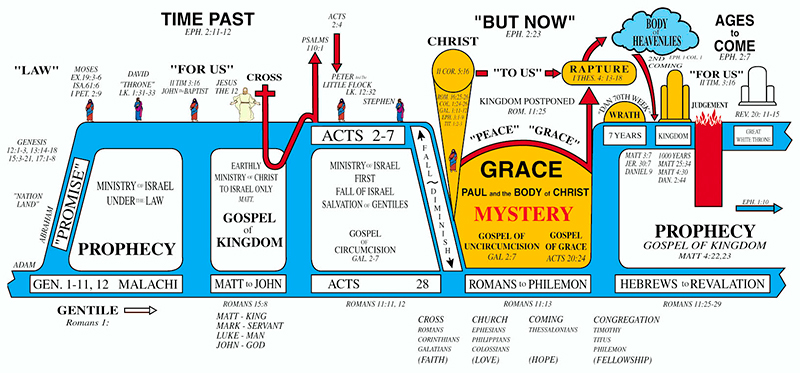 |
In recent years there has been a bizarre marriage of fanaticisms.
Some prominent members of the American Christian Right have joined with
Jewish Zionists in their discrimination against non-Jews (primarily
Christian and Muslim Palestinians) in the land that is holy to all three
religions. Some of these Christian Zionists adhere to a previously rare
theology called “Dispensationalism,” in which select scriptures from
the Old Testament are interpreted to predict a series of violent events
that will lead to the “second coming” of Christ. This Dispensationalist
belief calls for all Jews to “return” to Israel/Palestine, which will
then bring a cataclysmic “rapture,” in which 120,000 Jews will convert
to Christianity and the millions remaining will be killed in a cruel and
bloody battle, which will then, in turn, bring the return to earth of
Jesus Christ.
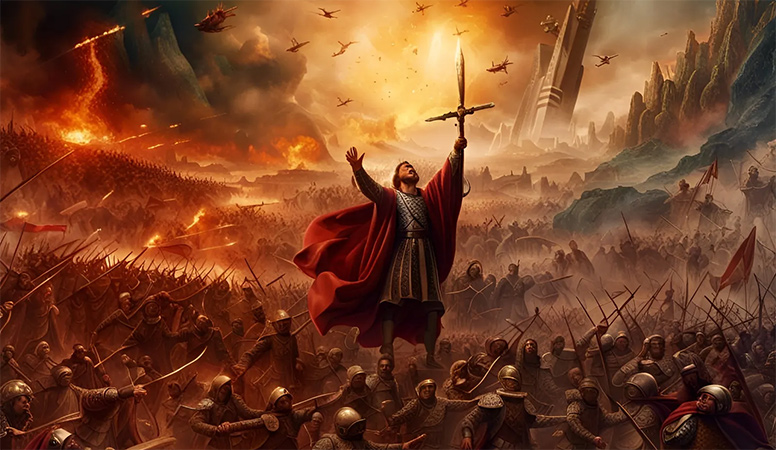
|
Most Christians consider such violence the antithesis of the teaching
of Jesus Christ. Even groups who believe in a literal interpretation of
the Bible largely believe that the Second Coming will happen “in God’s
way” and “in God’s time,” not through human intervention, and emphasize
New Testament teachings of love and compassion. Nevertheless, the
Dispensationalist interpretation is being promoted on numerous religious
radio stations and elsewhere, appears well-financed, and is a
significant factor. 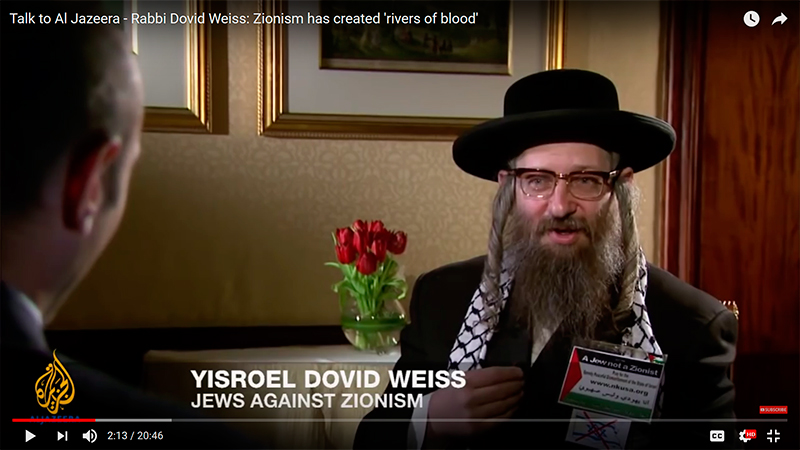 |
Among the Jewish religious community there is a similar split, with
religious opposition to Zionism found across the spectrum of Jewish
belief. In fact, originally Zionism was a minority position among the
Jewish population worldwide, only attaining its present large
proportions after World War II and the Nazi atrocities. Today, a growing number of Jewish organizations and individuals
consider Zionism deeply contrary to Judaism. For example, members of
Neturei Karta believe that Jews “are a people in exile due to Divine
decree,” and that their “banishment from the Holy Land will end
miraculously at a time when all mankind will unite in the brotherly
service of the Creator.” These many groups feel that Israel’s violent
policies are not only counterproductive but contrary to the ethical
traditions they view as the core of Judaism. (If Americans Knew) |
 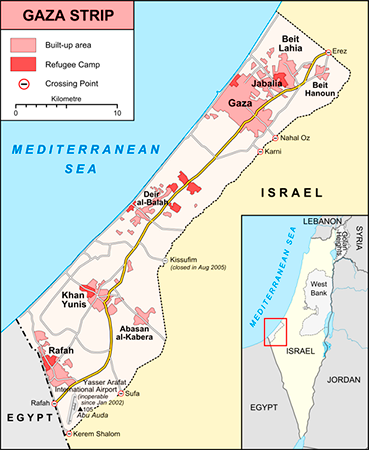 |
Gaza is a small self-governing
territory on the Mediterranean Sea that borders Egypt and Israel.
Together with the West Bank, it constitutes the Palestinean
territories; however, the borders with Egypt and Israel are both closed
and there is a sea and air blockade, so that it is extremely difficult
for Palestinians living in the Gaza strip to leave the territory.
According to Wikipedia:
| Despite the 2005 Israeli disengagement from Gaza, the United Nations, international human rights organisations, and the
majority of governments and legal commentators consider the territory to
be still occupied by Israel, supported by additional restrictions
placed on Gaza by Egypt. Israel maintains direct external control over
Gaza and indirect control over life within Gaza: it controls Gaza’s air
and maritime space, and six of Gaza’s seven land crossings. It reserves
the right to enter Gaza at will with its military and maintains a no-go
buffer zone within the Gaza territory. Gaza is dependent on Israel for
its water, electricity, telecommunications, and other utilities. (Gaza Strip) |
In 2017, I
asked Ali Abusheikh — a Palestinian friend who graduated from North Cental — to share a statement with the class about
what it's like to live in Gaza:
 I
think the saddest current thing in the conflict is Gaza blockade [beginning in 2007]. It’s
unfair and unlawful. We have been blockaded for ten years and this
leads to many crises. Life here is very bad and unbearable. There’s a
real shortage of gas, medicine, electricity and sometimes fresh running
water along with many other things. And of course a lack of life as the
rate of unemployment is insanely high. People rarely get jobs here. And
you know, I guess the worst two things ever is the lack of electricity
and medicine as well as being trapped and not having the chance to
travel. We have electricity for almost 3-4 hours a day. It’s crazy. We
even struggle keeping our food fresh in the fridges and it gets worse
when the weather is hot. We can’t even use air conditioners because
there’s not enough electricity for them. And it’s even worse for
hospitals who really need electricity all day long. The max that we
might have of electricity would be from 6-8 hours. We never have it for
more than 8 hours and it scarcely comes for 8 hours anyway. Besides, we
completely lose electricity for more than 10 days straight when there
an Israeli war/assault in Gaza like what happened in 2014 was that
lasted for 51. It was the most horrible war ever. Thousands of innocent
civilians were killed and many neighbourhoods were levelled to the
ground by the Israeli forces. I
think the saddest current thing in the conflict is Gaza blockade [beginning in 2007]. It’s
unfair and unlawful. We have been blockaded for ten years and this
leads to many crises. Life here is very bad and unbearable. There’s a
real shortage of gas, medicine, electricity and sometimes fresh running
water along with many other things. And of course a lack of life as the
rate of unemployment is insanely high. People rarely get jobs here. And
you know, I guess the worst two things ever is the lack of electricity
and medicine as well as being trapped and not having the chance to
travel. We have electricity for almost 3-4 hours a day. It’s crazy. We
even struggle keeping our food fresh in the fridges and it gets worse
when the weather is hot. We can’t even use air conditioners because
there’s not enough electricity for them. And it’s even worse for
hospitals who really need electricity all day long. The max that we
might have of electricity would be from 6-8 hours. We never have it for
more than 8 hours and it scarcely comes for 8 hours anyway. Besides, we
completely lose electricity for more than 10 days straight when there
an Israeli war/assault in Gaza like what happened in 2014 was that
lasted for 51. It was the most horrible war ever. Thousands of innocent
civilians were killed and many neighbourhoods were levelled to the
ground by the Israeli forces. What
saddens me most is cancer patients who are usually not able to leave to
get their medical treatment abroad. Moreover, it’s very hard for
students to leave to continue their education abroad as the Egyptian
and the Israeli crossings are almost permanently closed and we don’t
have an airport, neither a seaport. The students who would get the
chance to leave to study abroad are usually those who get accepted to
scholarships sponsored by either the American or the British
governments. They help them to get an Israeli permit to leave Gaza for
Amman and fly from there. However, not all students get their permits
approved by the Israeli government. Many students who got accepted to
international competitive programs were not able to leave, and the
problem is still continuous. We
are not independent at all and it saddens me that we can’t even see
“The State of Palestine” on our passports. It says the Palestinian
Authority as we don’t have an independent country. Palestinians in the
West Bank suffers too because illegal Israeli settlements are spread
there and there are Israeli checkpoints between most Palestinian cities
there. This means that there are movement restrictions.
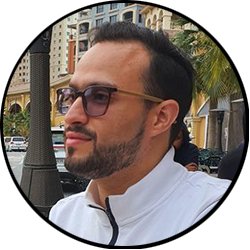
Ali recently received his master's degree in digital
humanities and societies at Hamad Bin Khalifa University in Doha,
Qatar. He was visiting his family in Gaza on October 7,
2023 when Hamas attacked Israel, killing 1,139 Israelis and foreign
nationals (including 766 civilians) and taking approximately 250
Israeli and foreign nationals as hostages. The following are
excerpts from my recent communications with Ali:
11/9/23: Hello
dear professor! Thanks so much for asking. It means a lot. We are NOT
fine at all. No one and nowhere is safe in Gaza. We literally see death
every day. We’re only still physically alive. I’m not even sure if
we’re going to survive this insane and inhumane war, but we’re doing
our best to stay safe. We are displaced and moved from a place to
another for three times so far. The Israeli army bombed hospitals,
schools, mosques, churches, homes, streets, public markets, bakeries,
whole neighborhoods, etc.


|

The above photo and the words that follow are from a February 6 post on Ali's Facebook page:
War evening from #Gaza!
Or should I say war sunset?! I actually don’t know how I can best
describe this view, but I’m very sure that the word “war” hast to be
associated with it. War, war, war… this cursed word has been an
integral part of our lives since October 7th, 2023. Wondering how we
are doing? Well, NOT GOOD at all! We are all DEVASTATED. We have
literally been living the worst days of our lives for the past four
months! We see death every day as nowhere is safe in Gaza. We’re only
still physically alive! ... I never thought I’d live this miserable life after living abroad
for four years, especially when I decided to visit my dear family in
Gaza. Each single day is a challenge and a fight for life. Our life is
merely about long and tiring queues of waiting to secure enough food
and water. Each night we sleep to the sound of very loud and scary
bombs and annoying warplanes/drones. I can’t think of a worse daily
routine than that. I’m living a NIGHTMARE. I never felt as much
helpless and depressed as I’m feeling nowadays. I’ve even started to
feel that the only way to escape this open-air prison (Gaza) is to get
killed by an Isr@eli warplane or tank and fly away with my soul.
... I never thought I’d live this miserable life after living abroad
for four years, especially when I decided to visit my dear family in
Gaza. Each single day is a challenge and a fight for life. Our life is
merely about long and tiring queues of waiting to secure enough food
and water. Each night we sleep to the sound of very loud and scary
bombs and annoying warplanes/drones. I can’t think of a worse daily
routine than that. I’m living a NIGHTMARE. I never felt as much
helpless and depressed as I’m feeling nowadays. I’ve even started to
feel that the only way to escape this open-air prison (Gaza) is to get
killed by an Isr@eli warplane or tank and fly away with my soul.   Despite
all of this, I’m still very grateful that I’m living this war with my
family instead of living it virtually and alone while abroad. Despite
all of this, I’m still very grateful that I’m living this war with my
family instead of living it virtually and alone while abroad.
|
|
 
On the other hand, the Gaza Strip is governed by Hamas, which is widely regarded as a terrorist organization. According to the Council on Foreign Relations:
Hamas is an Islamist militant movement and one of the Palestinian
territories’ two major political parties. It governs more than two
million Palestinians in the Gaza Strip, but the group is best known for
its armed resistance to Israel. ... In 1988, Hamas published its charter,
calling for the destruction of Israel and the establishment of an
Islamic society in historic Palestine. In what observers called an
attempt to moderate its image, Hamas presented a new document
[PDF] in 2017 that accepted an interim Palestinian state along the
“Green Line” border established before the Six-Day War but that still
refused to recognize Israel. ... In 1997, the United States designated Hamas a foreign terrorist
organization. The movement went on to spearhead violent resistance
during the second intifada, in the early 2000s, though PIJ and Fatah’s
Tanzim militia were also responsible for violence against Israelis. ...
How has Hamas challenged Israel?
Hamas has fired rockets and mortars into Israel since the group took
over the Gaza Strip in the mid 2000s. Iranian security officials have
said that Tehran provided some of these weapons, but that Hamas gained
the ability to build its own missiles after training with Iran’s Islamic Revolutionary Guard Corps (IRGC) and proxies. In recent years, Israel estimated that Hamas and other Palestinian militant groups in Gaza had about thirty thousand rockets and mortars in their arsenal. Hamas militants have flown balloons
carrying incendiary devices toward Israel, which have sometimes caused
fires. The group has also carried out incursions into Israeli territory,
killing and kidnapping soldiers and civilians.
Prior to the 2023 conflict, Hamas and Israel had their deadliest
fighting in years in 2021, when Hamas fired rockets into Israel
following weeks of tensions between Palestinians and Israelis in Jerusalem. Some analysts say that Hamas wanted to bolster its reputation as the defender of the Palestinian cause
after the PA postponed the 2021 elections. During the eleven-day
conflict, Hamas and PIJ fired more than four thousand rockets from Gaza,
killing ten Israeli civilians and injuring more than three hundred
others. Hamas reportedly coordinated with the IRGC and Lebanon’s Hezbollah during the fighting, and used so-called suicide drones along with its usual arsenal of less precise missiles. The United States and Egypt brokered a cease-fire to the conflict. ...
How is Hamas’s attack on Israel in 2023 different?
Hamas’s assault on southern Israel
this year, which the group’s leaders have called “Operation Al-Aqsa
Storm,” was extraordinary in its strategy, scale, and secrecy, analysts
say. It began early in the morning on October 7, the Jewish Sabbath and
an important Jewish holiday, with Hamas launching several thousand
rockets into southern and central Israel, hitting cities as far north as
Tel Aviv. Hamas militants also breached the heavily fortified Gaza
border and infiltrated many southern Israeli towns and villages, killing
some 1,400 people and wounding and kidnapping scores more.
Hamas’s military leader, Mohammed Deif, said the group undertook its assault
because of Israel’s long-running blockade of Gaza, its occupation of
Palestinian lands, and its alleged crimes against Muslims, including the
desecration of Al-Aqsa Mosque in Jerusalem.
The October 7 attack is the deadliest in Israel’s seventy-five-year
history and has inflicted a deep psychological trauma on its people,
with some analysts drawing comparisons to the surprise Pearl Harbor and
September 11, 2001, attacks on the United States. Israeli and U.S.
intelligence agencies reportedly had no indications that Hamas was
planning an assault of this nature. “It is completely unprecedented that
a terrorist organization would have the capacity or the wherewithal to
mount coordinated, simultaneous assaults from the air, sea, and land,” writes CFR Senior Fellow Bruce Hoffman.
Israel has declared war on Hamas, mounting a campaign intended to eradicate the group
and free around two hundred hostages. Prime Minister Benjamin Netanyahu
has warned of a “long and difficult war” against Hamas. Israel and
Hamas have traded fire every day since October 7, and Israel has imposed
a complete siege of Gaza, cutting off an already deprived population. In the first three weeks of Israel’s offensive, its forces had killed more than eight thousand Palestinians in the enclave, around 40 percent of them children, according to Gaza’s Hamas-controlled health ministry. More than three hundred Israeli troops have also been killed in the fighting, the Israeli health ministry said.
Experts fear that a full Israeli invasion of Gaza could provoke a significant attack against Israel by Hezbollah,
an Iran-backed militant group and political party in Lebanon, risking a
wider conflagration in the region. “Iran is, of course, a patron of
Hezbollah [as well as of Hamas and other Palestinian militant groups]
and there is an ever-present danger of a two-front conflict, which would
devastate parts of Israel and much of Lebanon, where Hezbollah is
based. There is a risk of escalation,” says CFR Senior Fellow Steven A. Cook.
But some observers are questioning
whether Israel will attempt a full-scale invasion and reoccupation of
Gaza, and whether it has a plan for governing the territory post-Hamas.
“If Israel simply attacks Hamas and then leaves — as it has done in the
past — the terrorist organization will be able to regenerate itself. But
Israel has had little desire to reoccupy the Gaza Strip after exiting in
2005, and the Palestinian Authority seems to lack the capabilities and
will to govern in place of Hamas,” writes CFR Senior Fellow Max Boot.
“Trying to establish a Palestinian Authority government in Gaza, with
help from Arab states, is probably the least-bad option. But if that
fails, Israel may have no choice but to occupy Gaza itself.” (Council on Foreign Relations/What is Hamas?)
|
What role did religion play in creating the conflict between Israel and Palestine?
Can religion play a constructive role in resolving the conflict?

|
